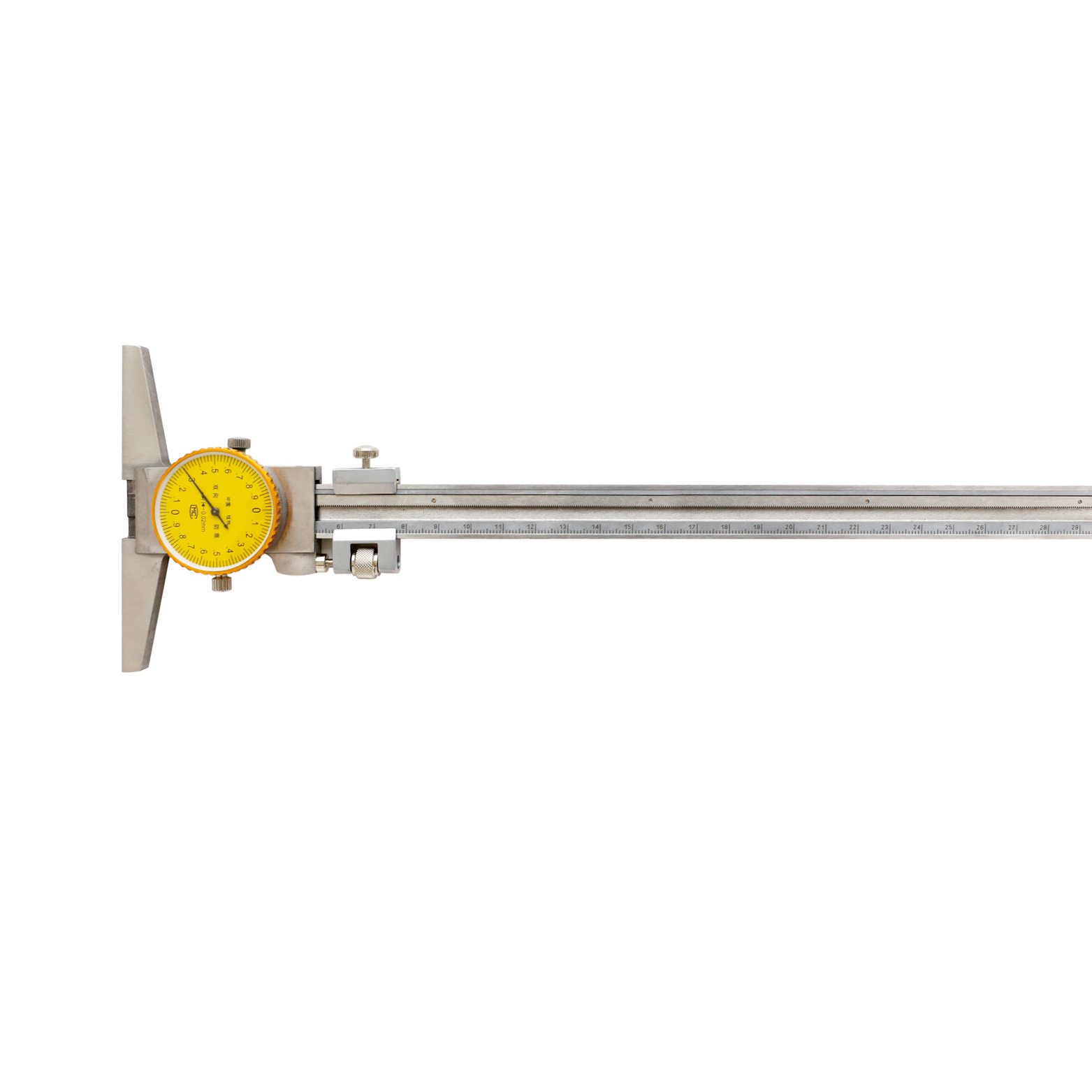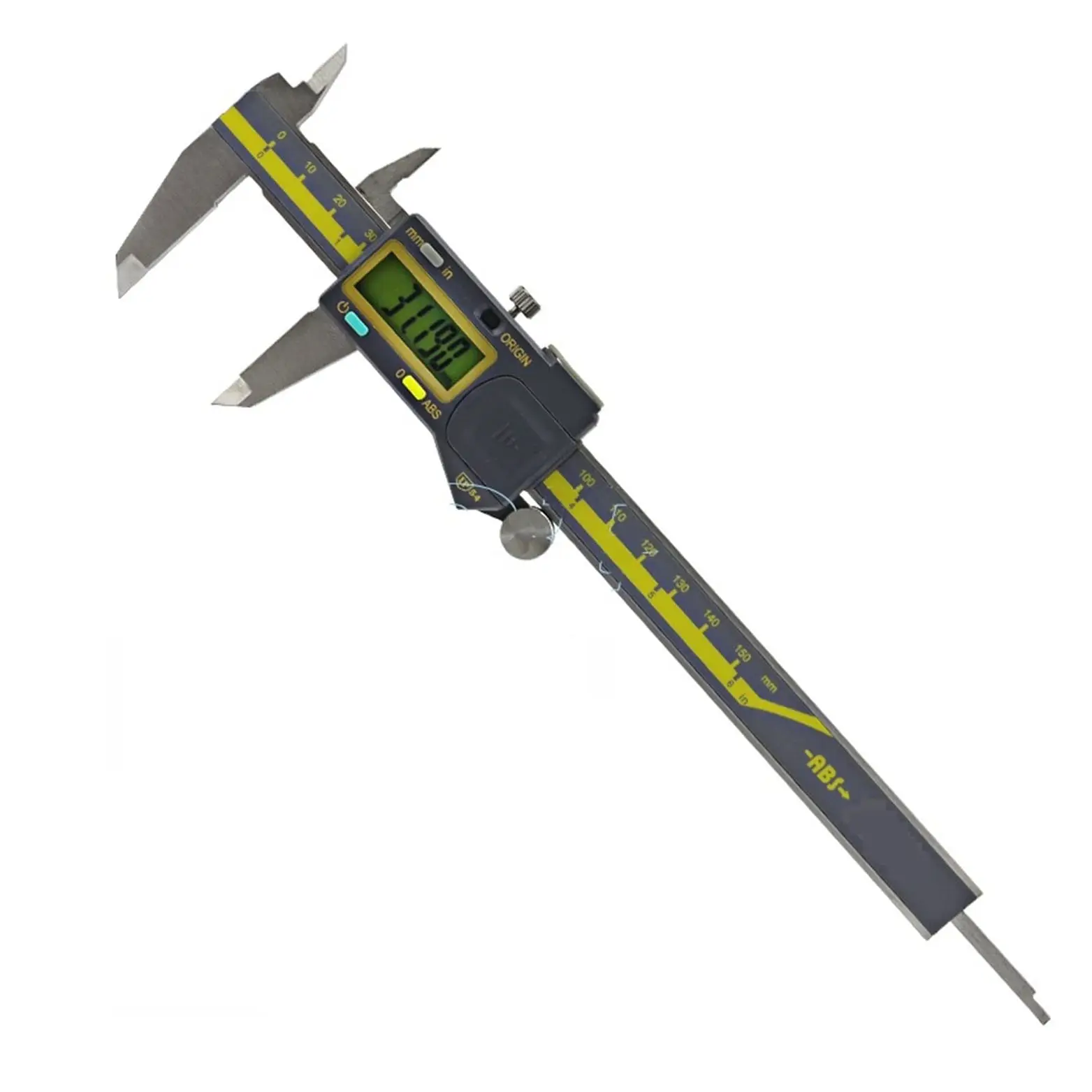din 338 Suppliers
DIN 338 is a German standard specifying the dimensions and tolerances for twist drill bits. Finding reliable DIN 338 suppliers is crucial for businesses and individuals needing high-quality drilling tools. This guide explores key aspects of DIN 338 drill bits, what to look for in a supplier, and where to find them, helping you make informed purchasing decisions.
Understanding DIN 338 Drill Bits
DIN 338 specifies the dimensions, materials, and manufacturing tolerances for twist drill bits. These standards ensure interchangeability and consistent performance. Key characteristics defined by DIN 338 include:
- Overall Length: Defined based on diameter.
- Shank Type: Typically cylindrical.
- Helix Angle: Affects chip evacuation and cutting efficiency.
- Material: High-Speed Steel (HSS), Cobalt Steel (HSS-Co), or Carbide.
- Point Angle: Usually 118° or 135°.
Material Matters: Choosing the Right DIN 338 Drill Bit
The material of a DIN 338 drill bit significantly impacts its performance and lifespan:
- HSS (High-Speed Steel): A general-purpose material suitable for drilling steel, aluminum, and plastic. Offers a good balance of cost and performance.
- HSS-Co (Cobalt Steel): Contains cobalt, increasing heat resistance and hardness. Ideal for drilling tougher materials like stainless steel and hardened alloys.
- Carbide: Extremely hard and wear-resistant. Used for high-volume production and drilling abrasive materials. More brittle than HSS or HSS-Co.
Point Angle Considerations
The point angle affects the drill bit's ability to self-center and penetrate the material:
- 118°: Suitable for general-purpose drilling.
- 135°: Provides better self-centering and reduces walking, especially useful for drilling curved surfaces or hard materials. Requires less feed pressure.
Key Considerations When Choosing DIN 338 Suppliers
Selecting the right supplier is just as important as choosing the correct drill bit. Consider the following factors:
- Quality Control: Ensure the supplier adheres to strict quality control procedures to guarantee compliance with DIN 338 standards.
- Material Certification: Ask for material certifications to verify the composition and properties of the drill bits.
- Manufacturing Capabilities: Understand the supplier's manufacturing processes and technology. Modern CNC grinding machines are essential for precise and consistent drill bit production.
- Reputation and Experience: Look for suppliers with a proven track record and positive customer reviews.
- Pricing and Lead Times: Compare pricing and lead times from different suppliers to find the best value and delivery schedule.
- Customer Service: Choose a supplier that provides excellent customer service and technical support.
Finding Reputable DIN 338 Suppliers
Several avenues exist for finding reliable suppliers. Here are a few options:
- Online Marketplaces: Platforms like Alibaba and IndustryNet list numerous DIN 338 suppliers. Always vet potential suppliers carefully.
- Trade Shows: Attending industry trade shows allows you to meet suppliers in person and examine their products firsthand.
- Industry Directories: Online directories specializing in manufacturing and industrial supplies can help you identify potential suppliers.
- Referrals: Ask colleagues or other businesses in your industry for referrals to trusted suppliers.
Wayleading Tools: Your Partner for High-Quality Cutting Tools
At Wayleading Tools, we understand the importance of precision and reliability in cutting tools. While we may not specialize *exclusively* in DIN 338 certified drill bits, we offer a wide range of high-quality cutting tools that meet stringent international standards, ensuring optimal performance and durability. Contact us at www.wayleading.com to explore our catalog and discuss your specific tooling needs. We are committed to providing solutions that enhance your productivity and efficiency.
Testing and Verification
Prior to mass adoption, its crucial to test and verify the quality of DIN 338 drill bits. Performing your own tests or checking for third-party certifications can give you the peace of mind that the products meet the standards you expect.
Comparing Different Types of Drill Bits
Consider the follow comparison of different types of drill bits and its suitability for various applications.
| Drill Bit Type | Material | Typical Applications | Pros | Cons |
|---|---|---|---|---|
| HSS Twist Drill (DIN 338) | High-Speed Steel | General-purpose drilling in steel, aluminum, wood, and plastic | Affordable, widely available | Can overheat and dull quickly, not ideal for very hard materials |
| Cobalt Drill (HSS-Co) | High-Speed Steel with Cobalt | Drilling stainless steel, hardened alloys, and other tough materials | Higher heat resistance, longer lifespan than HSS | More expensive than HSS |
| Carbide Drill | Tungsten Carbide | Drilling abrasive materials, high-volume production | Extremely hard and wear-resistant | Brittle, more expensive than HSS and Cobalt |
Conclusion
Sourcing reliable DIN 338 suppliers is vital for ensuring the quality and performance of your drilling operations. By understanding the key considerations outlined in this guide and conducting thorough research, you can find a supplier that meets your specific needs and helps you achieve optimal results.
Disclaimer: While every effort has been made to ensure the accuracy of this information, we are not responsible for any errors or omissions. Always consult with a qualified professional for specific advice. Data parameters regarding drilling tools and standards can be found on the websites of organizations like DIN and relevant manufacturers.
Related products
Related products
Best selling products
Best selling products-
 HSS DP Involute Gear Cutters With PA20 And PA14-1/2
HSS DP Involute Gear Cutters With PA20 And PA14-1/2 -
 HSS Metric & Inch Dovetail End Mill With 45 And 60 Degree For Industrial
HSS Metric & Inch Dovetail End Mill With 45 And 60 Degree For Industrial -
 Parting & Grooving Tool Set With SLTB Blcok, NCIH Blades, GTN Inserts
Parting & Grooving Tool Set With SLTB Blcok, NCIH Blades, GTN Inserts -
 Dial Depth Gauge With Stainless Steel For Industrial Type
Dial Depth Gauge With Stainless Steel For Industrial Type -
 Type E Oval Tungsten Carbide Rotary Burr
Type E Oval Tungsten Carbide Rotary Burr -
 Precision Expanding Mandrel From 9/16″ to 3-3/4″
Precision Expanding Mandrel From 9/16″ to 3-3/4″ -
 Precision 17pcs Angle Blocks Set With High Quality Type
Precision 17pcs Angle Blocks Set With High Quality Type -
 32 Blades Feeler Gauge From 0.04-0.88MM
32 Blades Feeler Gauge From 0.04-0.88MM -
 HSS Shell End Mill Cutter With Bright & TiN Or TiAlN Coated
HSS Shell End Mill Cutter With Bright & TiN Or TiAlN Coated -
 Precision IP67 Digital Caliper With Data Output For Industrial
Precision IP67 Digital Caliper With Data Output For Industrial -
 3 Flutes HSS Chamfering Countersink Drill bitl With 60 And 90 Degree
3 Flutes HSS Chamfering Countersink Drill bitl With 60 And 90 Degree -
 Precision IP54 Digital Caliper With Data Output For Industrial
Precision IP54 Digital Caliper With Data Output For Industrial










